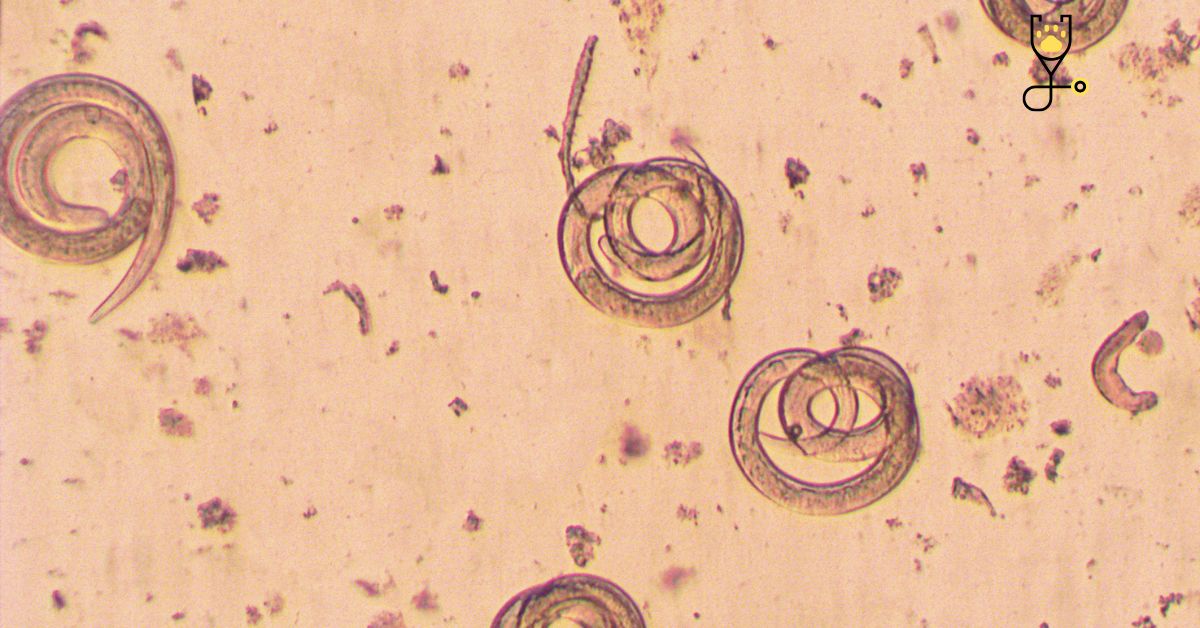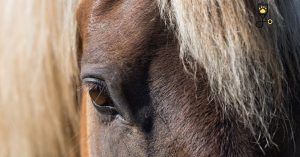Do you know what kind of parasites your horse might be carrying? Internal parasites are a major issue for horses and can cause serious health problems if left untreated. In this blog post, we’ll take a closer look at the most common types of internal horse parasites, and we’ll discuss the signs and symptoms that might indicate that your horse is infected. We’ll also provide some tips on how to prevent parasitic infections in your horse. So read on to learn all about internal horse parasites!
Types Of Internal Horse Parasites
There are many different types of horse parasites, but the most common ones include:
1. Roundworms: Roundworms are the most common type of internal parasite found in horses. They live in the horse’s intestine and feed on the horse’s food. Roundworms can cause a variety of health problems, including weight loss, diarrhea, and anemia.
2. Tapeworms: Tapeworms are another common type of internal parasite that lives in the horse’s intestine. They attach themselves to the horse’s intestines and steal nutrients from the food that the horse is digesting. Tapeworms can also cause weight loss, diarrhea, and anemia.
3. Pinworms: Pinworms are small, white worms that live in the horse’s rectum and anus. They cause itching and irritation around the horse’s anus, which can lead to restlessness and poor performance.
4. bots: Bots are small, fly larvae that live in the horse’s stomach. They attach themselves to the horse’s intestinal walls and feed on blood. Bots can cause anemia, weight loss, and diarrhea.
5. Stomach worms: Stomach worms are a type of internal parasite that lives in the horse’s stomach. They attach themselves to the lining of the stomach and steal nutrients from the food that the horse is digesting. Stomach worms can also cause weight loss, diarrhea, and anemia.
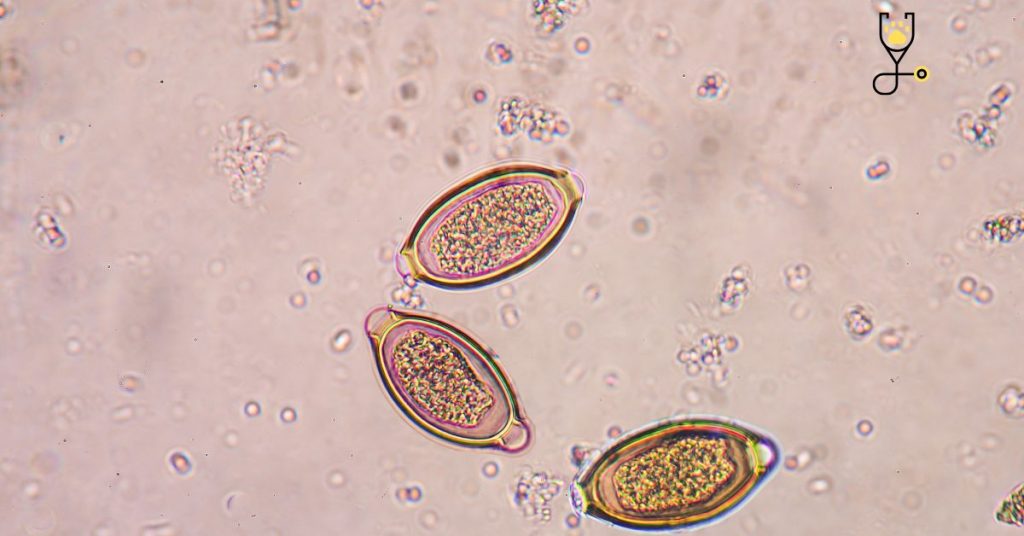
Diseases Caused By Internal Horse Parasites
Internal parasites can cause a variety of diseases in horses, including:
1. Anemia: Anemia is a condition in which the horse’s red blood cells are destroyed faster than they can be replaced. Anemia can be caused by roundworms, tapeworms, and stomach worms.
2. Diarrhea: Diarrhea is a common symptom of parasitic infections. It can be caused by roundworms, tapeworms, pinworms, bots, and stomach worms.
3. Weight loss: Weight loss is another common symptom of parasitic infections. It can be caused by roundworms, tapeworms, and stomach worms.
4. colic: Colic is a condition that can be caused by a variety of factors, including parasitic infections. It is characterized by abdominal pain and bloating.
5. poor performance: Poor performance is another common symptom of parasitic infections. It can be caused by roundworms, tapeworms, and bots.
Signs And Symptoms Of Internal Parasites In Horses
There are a variety of signs and symptoms that might indicate that your horse has internal parasites. These include:
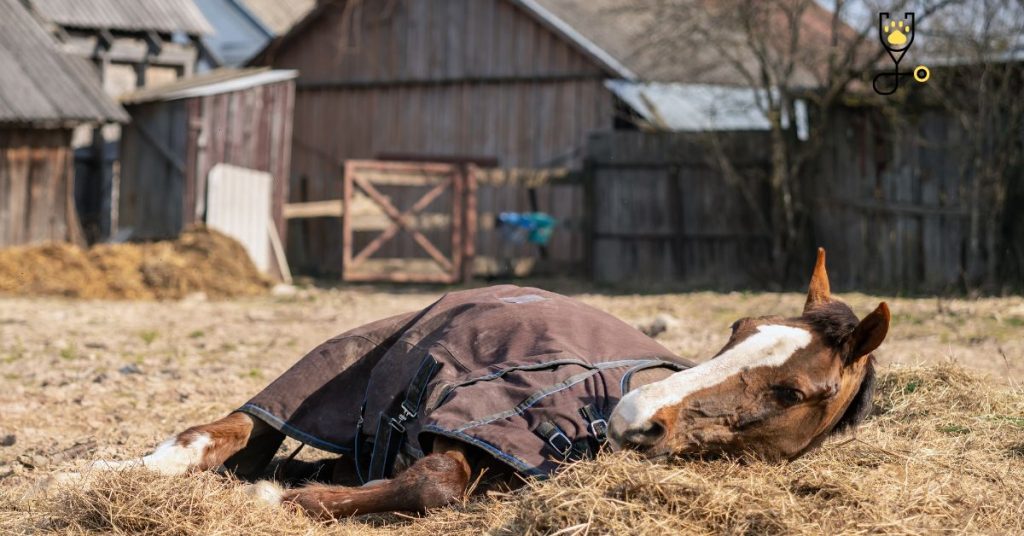
1. Weight loss: If your horse is losing weight, it could be a sign that he or she is infected with internal parasites.
2. Diarrhea: Diarrhea is another common symptom of internal parasites.
3. Anemia: Internal parasites can cause anemia by stealing nutrients from the food that the horse is digesting.
4. Itching and irritation: Pinworms cause itching and irritation around the horse’s anus, which can lead to restlessness and poor performance.
5. Poor performance: If your horse is not performing as well, as usual, it could be a sign of parasitic infection.
How To Prevent Internal Parasites In Horses
There are a few things that you can do to help prevent your horse from getting internal parasites:
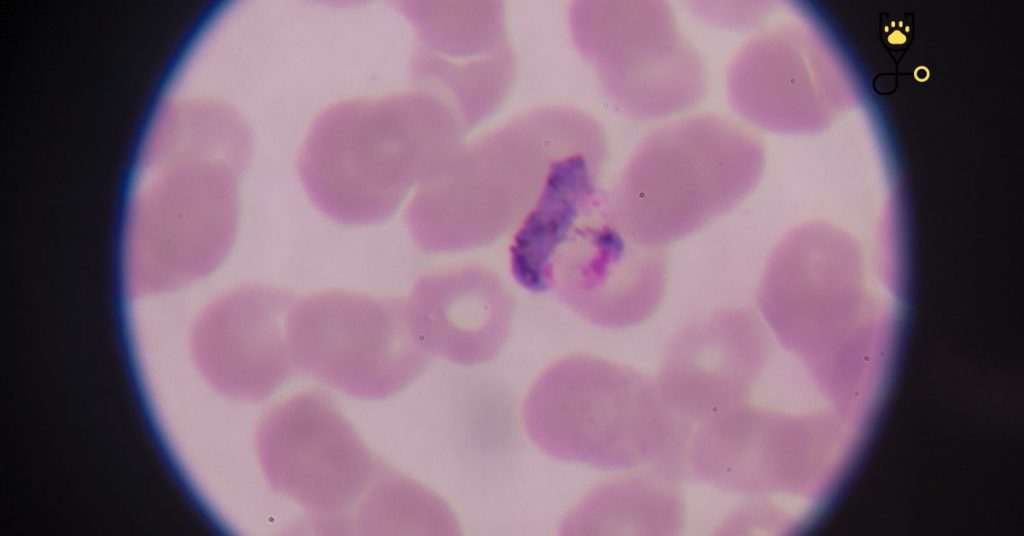
1. Feed your horse a balanced diet: A healthy diet will help to keep your horse’s immune system strong, which can help to prevent parasitic infections.
2. Deworm your horse regularly: Regular deworming will help to reduce the number of parasites in your horse’s body and will also help to prevent the spread of infection to other horses.
3. Keep your horse’s environment clean: A clean environment will help to reduce the risk of parasitic infection.
4. Quarantine new horses: When you bring a new horse into your barn, it is important to quarantine him or her for a period of time to prevent the spread of infection.
5. See your veterinarian: If you suspect that your horse has a parasitic infection, it is important to see your veterinarian for treatment.
Prognosis Of Internal Parasites In Horses
The prognosis for horses with internal parasites is generally good. With prompt diagnosis and treatment, most horses will make a full recovery. however, if the infection is left untreated, it can cause serious health problems, including weight loss, anemia, and colic. If you think your horse might have internal parasites, it is important to see your veterinarian for diagnosis and treatment. prompt treatment can help to prevent serious health problems and will help to keep your horse healthy and happy.
Conclusion
Internal parasites are a common problem in horses. They can cause a variety of health problems, including weight loss, diarrhea, anemia, and colic. If you think your horse might have internal parasites, it is important to see your veterinarian for diagnosis and treatment. prompt treatment can help to prevent serious health problems and will help to keep your horse healthy and happy.
Frequently Asked Questions
1. What are internal parasites?
Internal parasites are parasitic worms that live in the horse’s intestines. Common types of internal parasites include roundworms, tapeworms, pinworms, bots, and stomach worms.
2. What are the signs and symptoms of internal parasites?
The signs and symptoms of internal parasites can vary depending on the type of parasite involved. Common signs and symptoms include weight loss, diarrhea, anemia, itching and irritation, and poor performance.
3. How can I prevent my horse from getting internal parasites?
There are a few things that you can do to help prevent your horse from getting internal parasites. These include feeding your horse a balanced diet, deworming your horse regularly, keeping your horse’s environment clean, and quarantining new horses.
4. What is the prognosis for horses with internal parasites?
The prognosis for horses with internal parasites is generally good. With prompt diagnosis and treatment, most horses will make a full recovery. However, if the infection is left untreated, it can cause serious health problems, including weight loss, anemia, and colic. If you think your horse might have internal parasites, it is important to see your veterinarian for diagnosis and treatment. Prompt treatment can help to prevent serious health problems and will help to keep your horse healthy and happy.
5. My horse has internal parasites. What should I do?
If you think your horse might have internal parasites, it is important to see your veterinarian for diagnosis and treatment. Prompt treatment can help to prevent serious health problems and will help to keep your horse healthy and happy.
